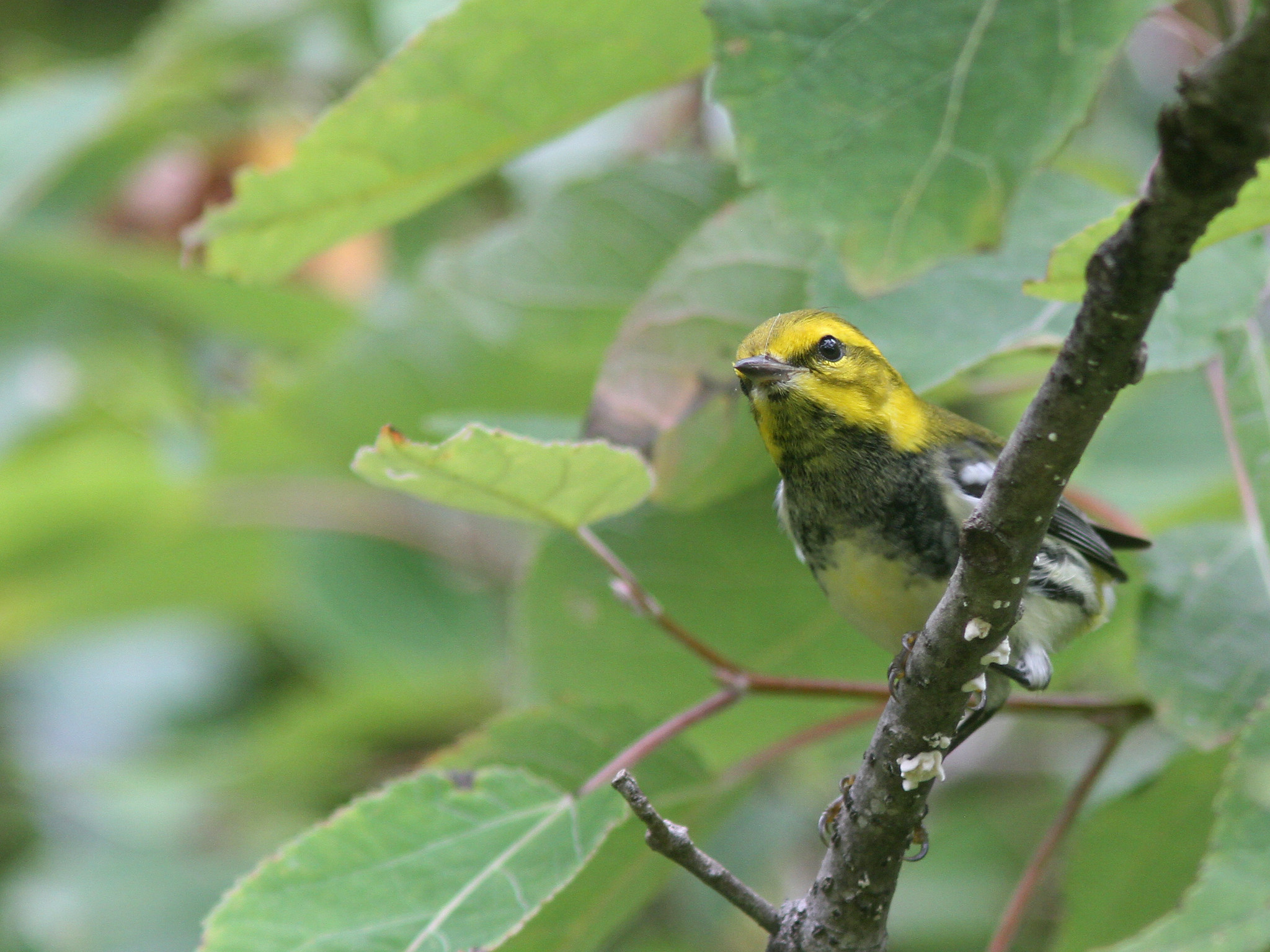 |
| Black throated Green Warbler, Quabbin Park, MA, Sep 19, 2017 |
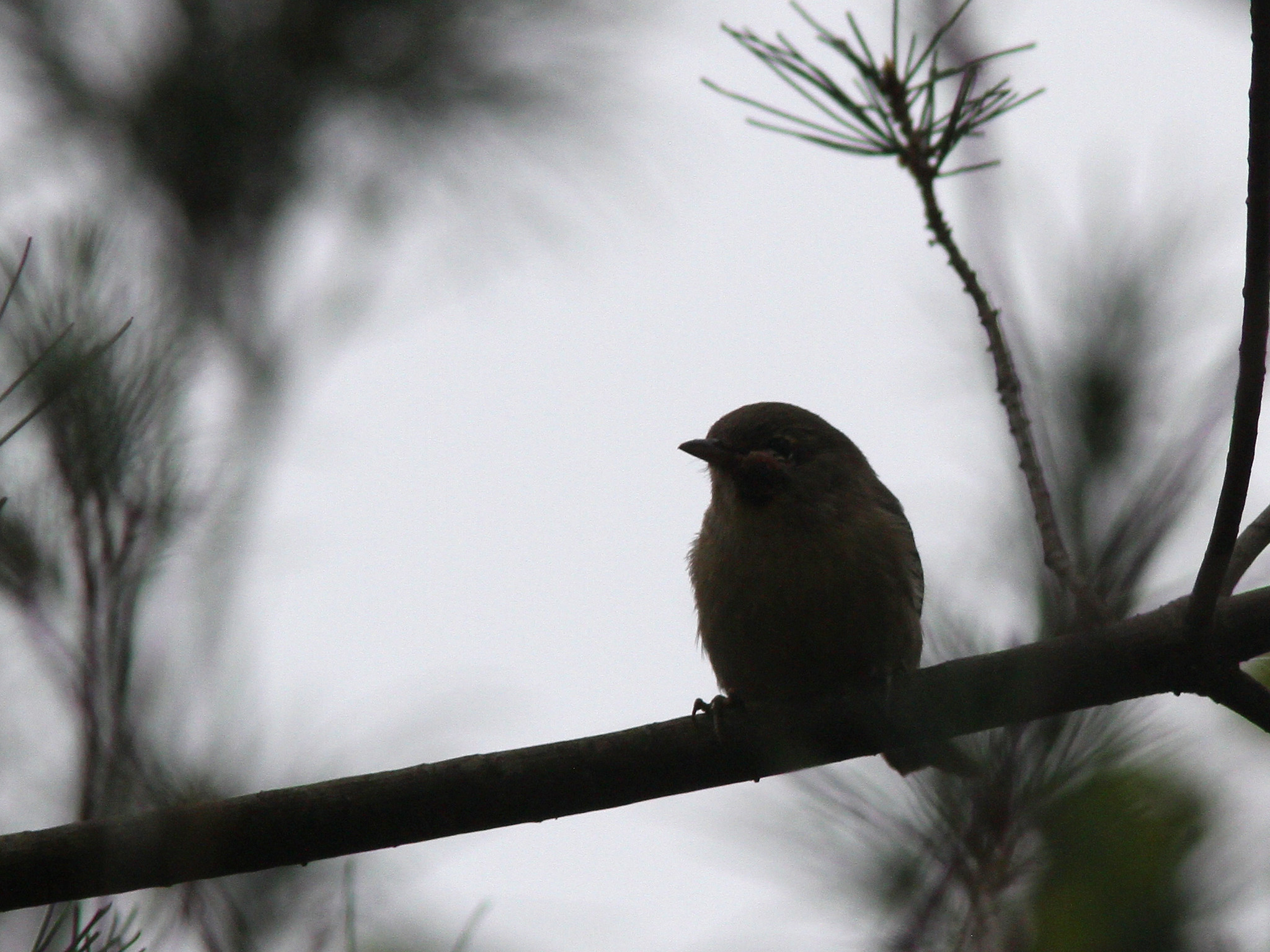 |
| Pine Warbler with odd growth near bill, Quabbin Park, MA, Sep 19, 2017 |
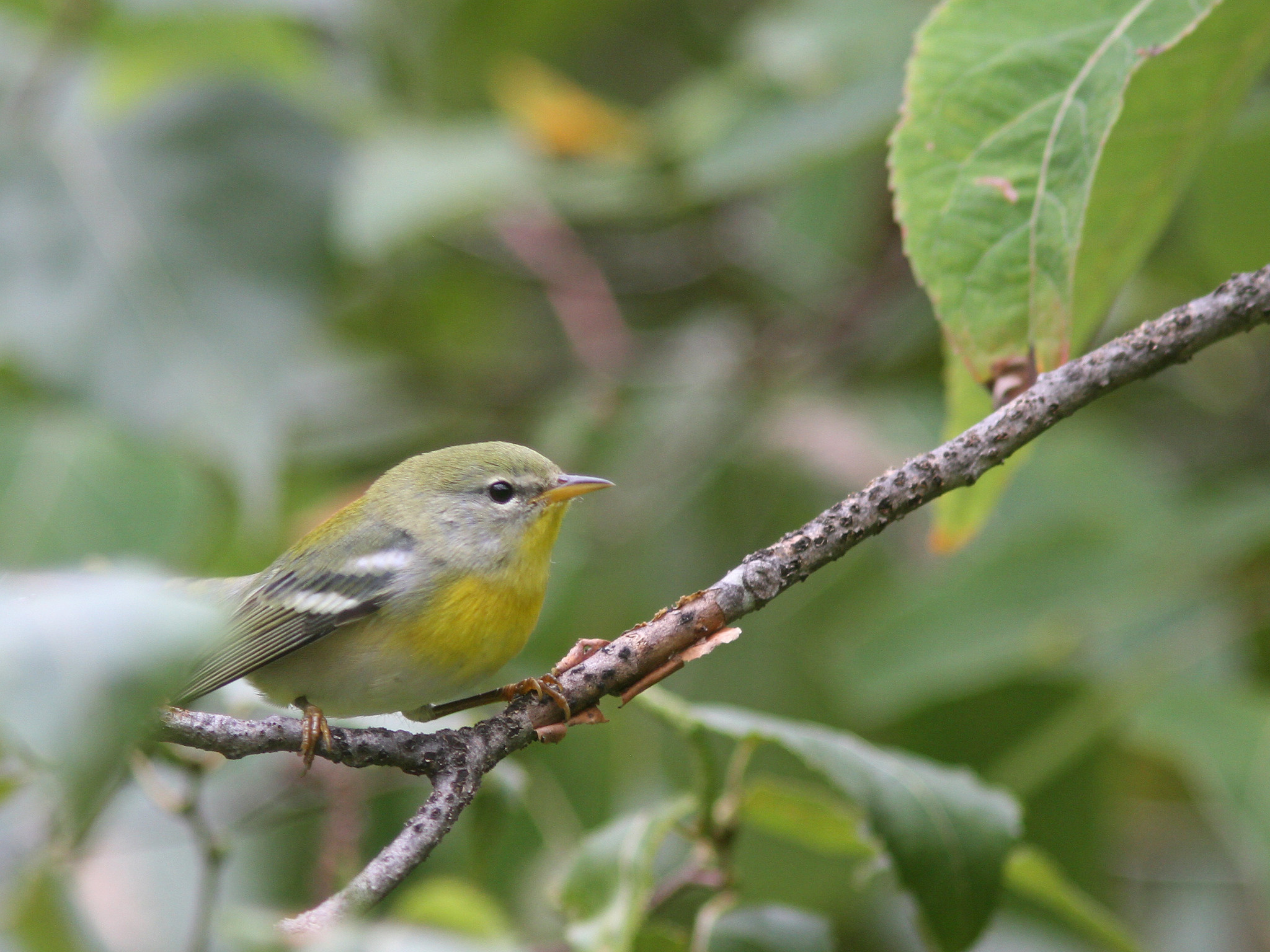 |
| Northern Parula, Quabbin Park, MA, Sep 19, 2017 |
We have felt just the outer edges of weakening Hurricane Jose as it slowly circles around off the southern New England coast giving us low clouds, some wind and occasional drizzle the last couple days which has kept me birding locally around Quabbin Park. Despite the conditions I have still managed to find some pockets of birds in my travels although not is as great of numbers as I would expect if the weather were better. On Tuesday I spent a good portion of the morning around the park and found two Eastern Whip Poor Wills still singing, a Brown Thrasher giving an odd call and seven species of warbler including a Pine Warbler with an odd growth near its bill (I found the same bird today and got some better photos). Full list from the morning:
Quabbin Park 9/19
 |
| Pine Warbler, Quabbin Park, MA, Sep 20, 2017 |
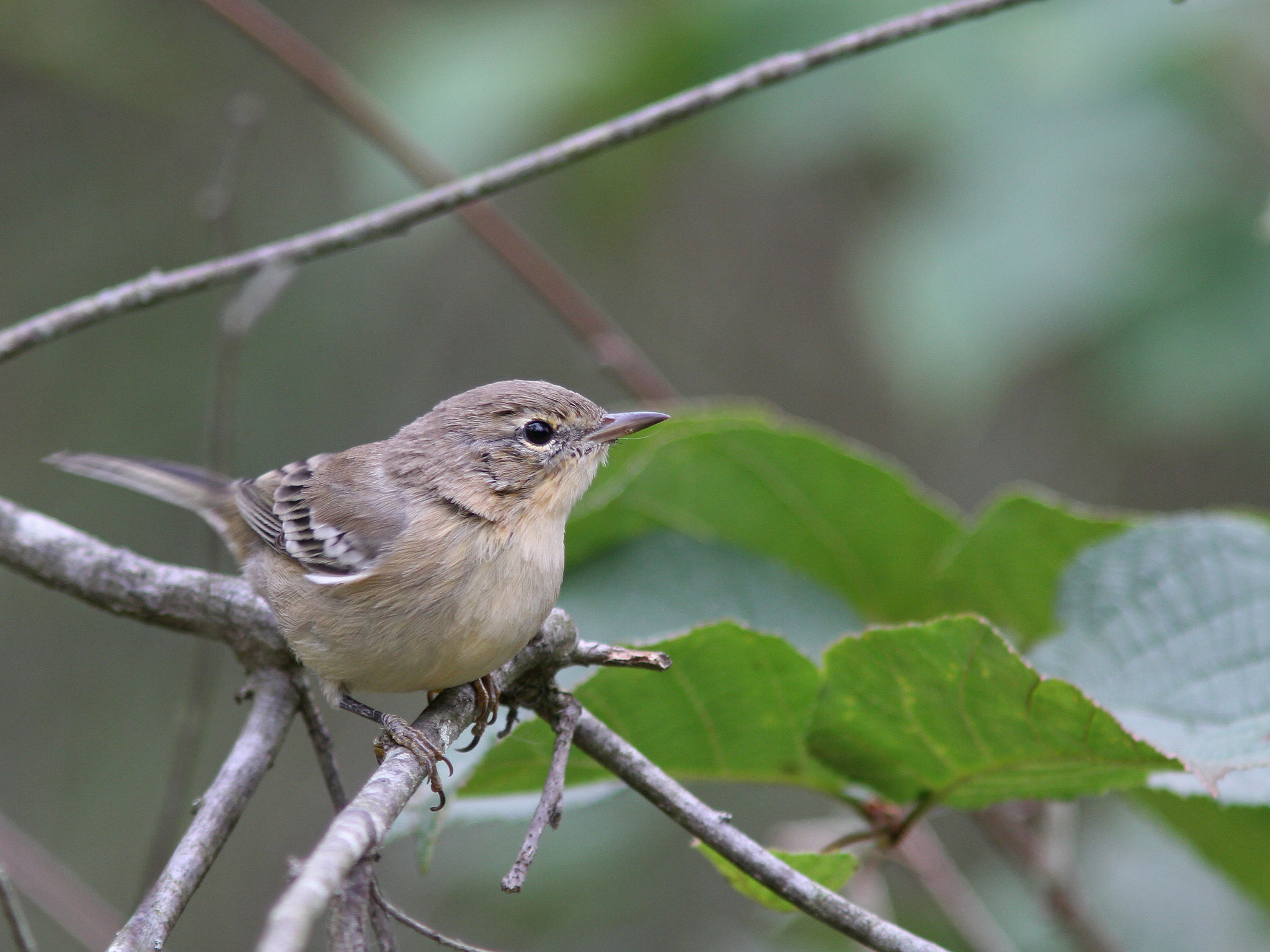 |
| Pine Warbler, Quabbin Park, MA, Sep 20, 2017 |
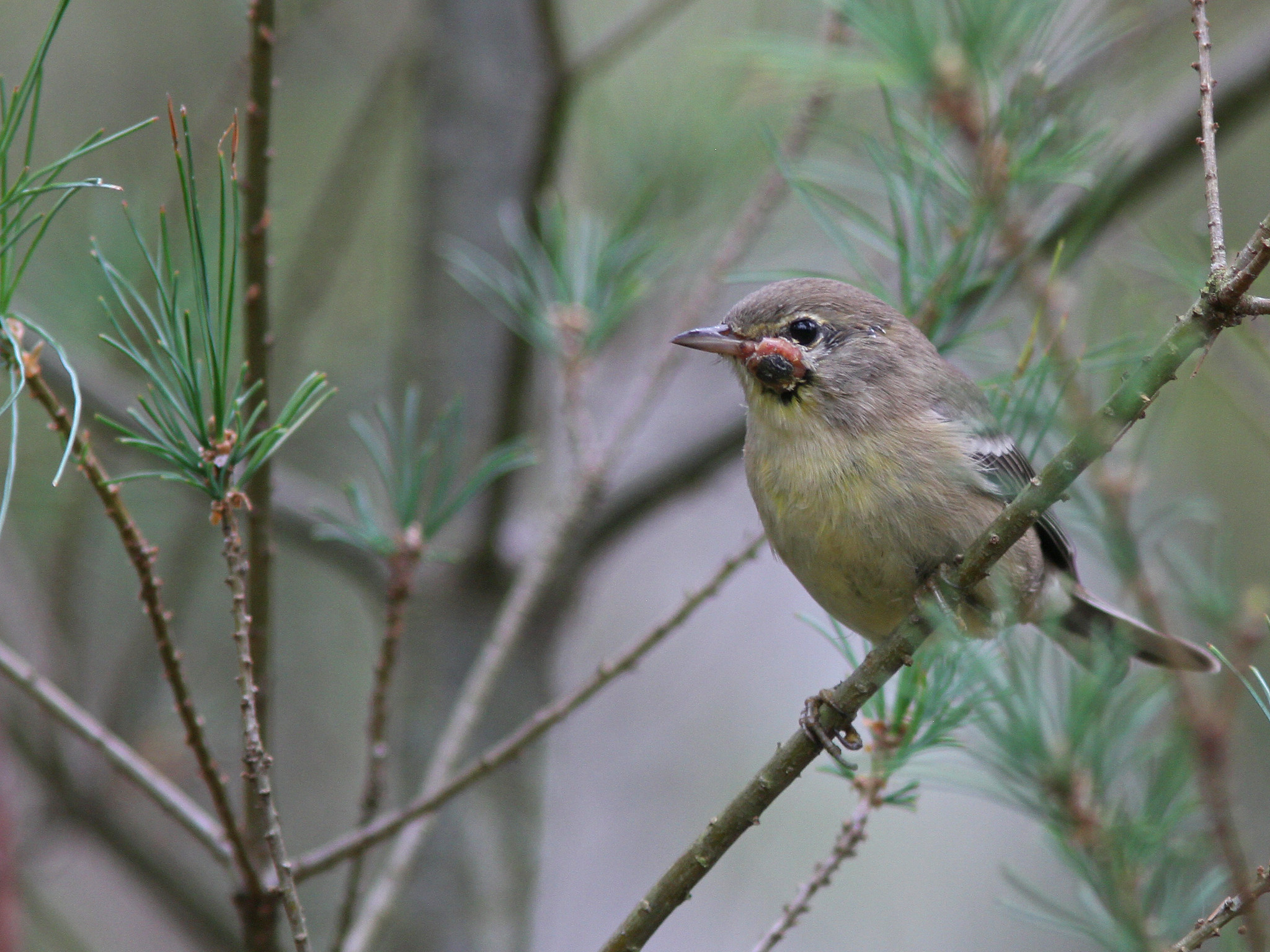 |
| Pine Warbler with odd growth near bill, Quabbin Park, MA, Sep 20, 2017 |
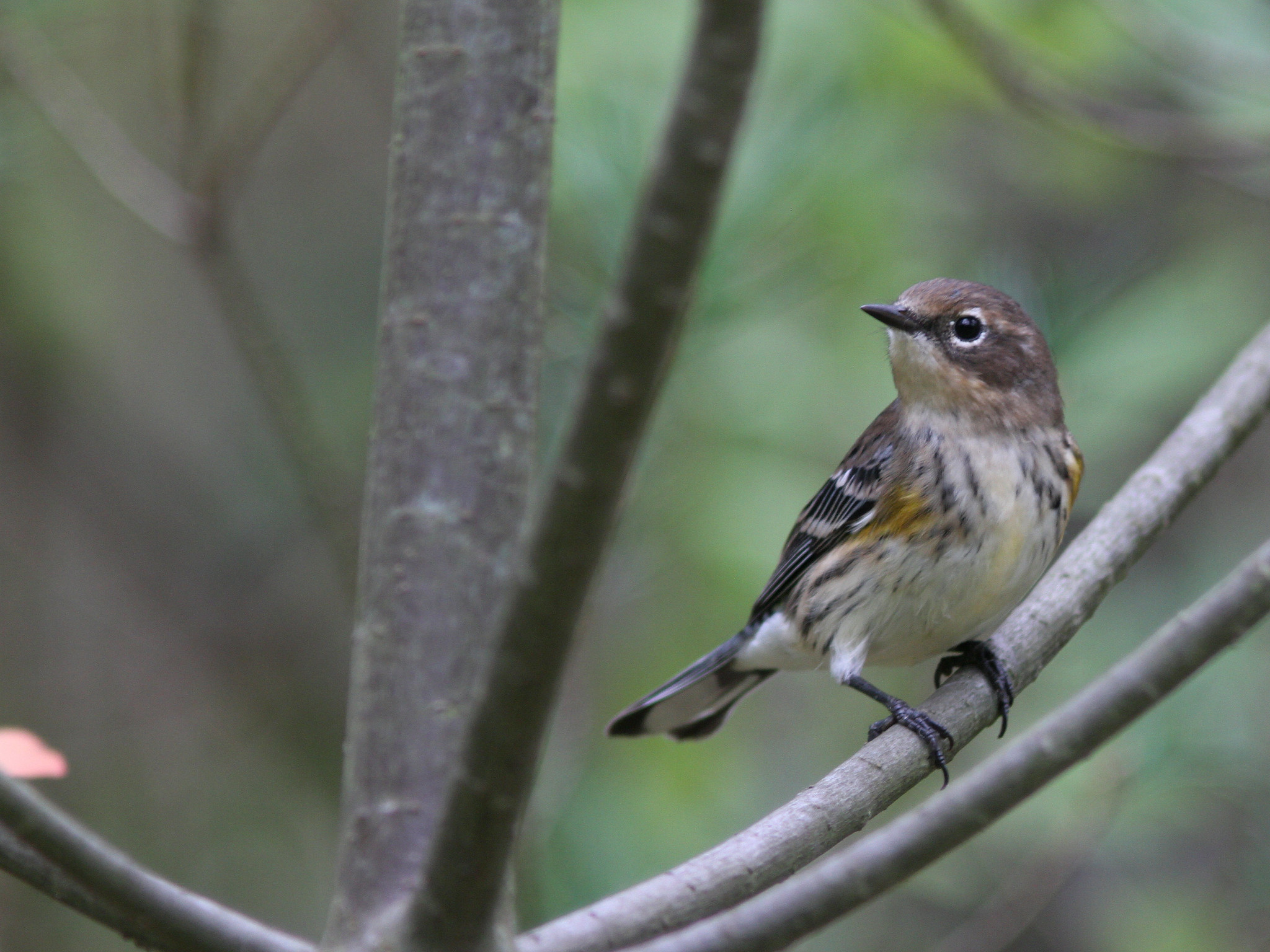 |
| Yellow rumped Warbler 'Myrtle', Quabbin Park, MA, Sep 20, 2017 |
As the conditions were a bit less conducive to birding today I covered a smaller area but still found some birds around including the Pine Warbler with an odd growth. Full list here:
Quabbin Park 9/20.
 |
| Hurricane Maria after striking Dominica, Sep 19, 2017 (courtesy of NOAA) |
Now onto to Hurricane Maria which devastated Dominica as a Category 5 hurricane before it moved on to give Puerto Rico a direct hit this morning as a strong Category 4 storm (the strongest storm to hit the island since the 1930's). This storm looks to have caused major destruction over a wide area and certainly impacted the various bird species on all the impacted islands. Puerto Rico alone contains 17 endemic species with several of them endangered so a major storm like this will certainly have an impact on a number of species. Puerto Rico is filled with some unique birds that makes it sad to watch a storm like Maria hit. Post from my trip down to Puerto Rico here:
Puerto Rico Dec 2016. The island of Barbuda (home of the endemic Barbuda Warbler) was hit directly by Hurricane Irma with 185 MPH and the chance is there that this species was wiped out. In addition the large frigatebird rookery appears to have been completely destroyed. Other nearby islands such as Saint Martin and the US and British Virgin Islands were also hit directly by Irma and also suffered extensive damage. Cuba, the Bahamas and the Turks and Caicos also suffered extensive damage with heavy loss to some bird species there including the well publicized deaths of large numbers of American Flamingos in Cuba (warning, it is hard to watch)-
Flamingos on Cuba-dead and injured.
Hurricane Maria rapidly developed and hit the island of Dominica (home to two endemic parrot species and a near endemic warbler) and the damage there looks to be in a similar category to the damage suffered earlier by Barbuda. The parrots are critically endangered and may also have been wiped out...a truly sad toll from the storm. I planned on getting down there in a few months but they may not happen now. All the the impacted will need months and likely years to recover and if you are so inclined to make a donation to assist those who help the birds in the area follow either this link to
Birds Caribbean or to a direct link to make donations:
Birdscaribbean-Hurricane-Relief
The hurricane will continue to move off to the northwest before turning north and then northeast out to sea before hitting the US thanks to the continued presence of the remains of Jose to its north. There is always a chance this track could change over the next several days and if any major changes occur that could impact us here I will update as needed.
I have a more detailed post concerning the impacts on the various endemic warbler species from the islands that have suffered from the recent hurricanes and a link to that post is here:
Hurricane Irma and Maria impacts on warblers








No comments:
Post a Comment